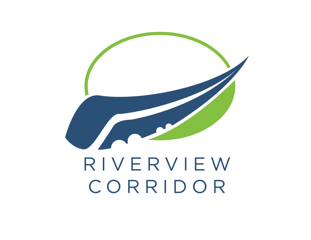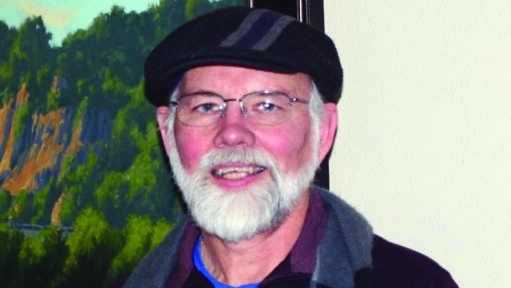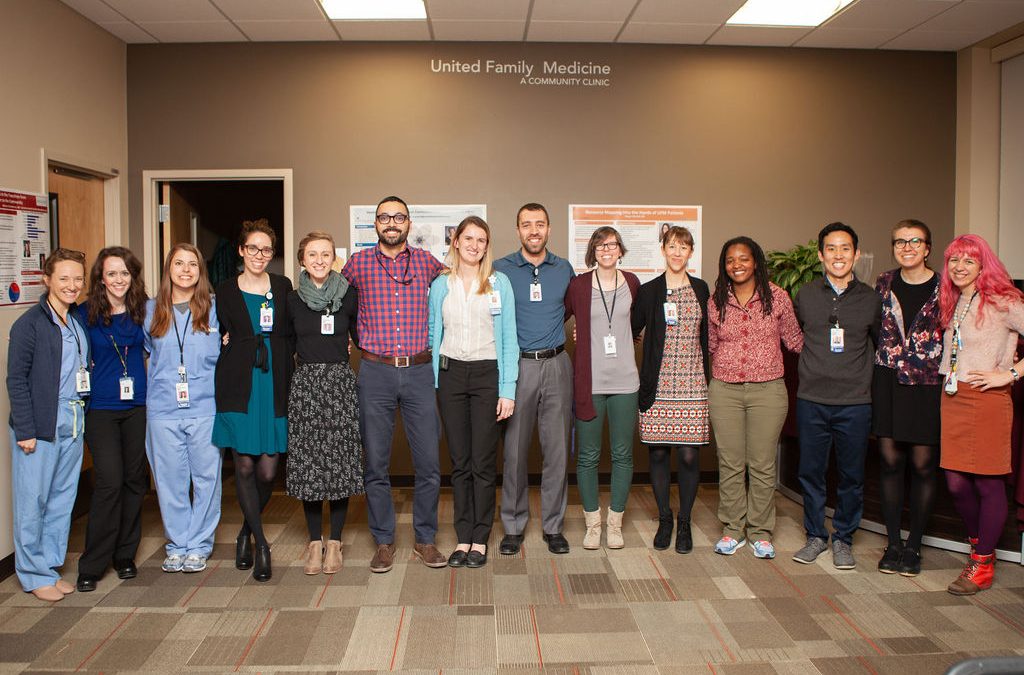Learning from History

Rebecca Noecker City Council Member, Ward 2
columnist
One of the first things I learned from my husband was to look out for my “future self.” I was 21 years old when we met and I operated on the premise that avoiding something unpleasant now by putting it off for later was entirely reasonable. Shane helped me see that the future person I was sticking with the dreary task was still me and that my future self would be a lot happier if my current self shared a little more of the burden.
When it comes to government, we often act as though it’s our “past self” that doesn’t matter. We focus almost entirely on the present (the latest snowfall, the biggest pothole) or on the future (developing a comprehensive plan for the year 2040, designing transit corridors that won’t be built for a decade).
Focusing on the present and the future is understandable and necessary. But it is also important to cast an occasional glance in the rearview mirror and learn from our past.
Recently, I convened a small group of City staff to plan for the next phase of the Riverview Corridor. We agreed on the importance of not repeating the mistakes we made on the Green Line — in particular, the mistakes that hurt small businesses. To think proactively, we convened meetings with government staff, business owners and funders who had been involved in the project. Several of them were now retired; many hadn’t been together since the Green Line was completed. We asked a few prompts to jog folks’ memories, and then let the discussion take its course.
What we heard was fascinating and relevant. People spoke about the need to start early, to be real with business owners about the pros and cons of economic development, to help businesses buy their own buildings or save up to make capital improvements during construction. We heard the frustrations — still potent more than five years later — of working with multiple bureaucracies to deliver accurate and timely information, the challenges of doing effective community engagement, and the value of engaging business ambassadors who would be trusted by their peers.
Three hours later, our minds and notebooks were crammed with ideas from the past — what to do over, what to do differently, what to not do at all. I left the meeting feeling confident that because of those conversations, we will do a better job with the Riverview Corridor.
I also left wondering why we don’t do this sort of thing more often. We have thousands of experiences to learn from over our 165-year history and dozens of people who would be happy to be asked how it went down and how they’d have done it differently. We just have to take a moment to tear ourselves away from the relentless drive toward where we’re going and look back at where we’ve been.
Our future selves will appreciate it.



